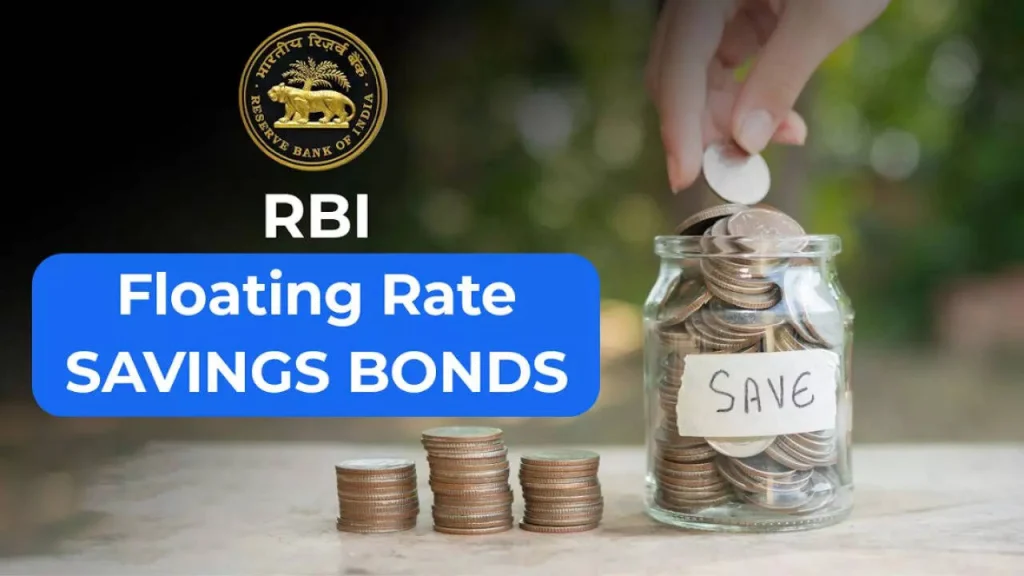There is a way to generate larger returns than bank FDs at a time when banks are lowering interest rates on fixed deposits. For investors who prefer fixed yields, there are RBI Floating Rate Savings Bonds. These have the lowest risk because they are government bonds. These bonds are subject to taxation by the income tax bracket.
Bank FD is not your only option if you wish to make a fixed deposit for a period longer than five years. The RBI Floating Rate Savings Bond 2020 is this choice. This has a greater interest rate now than a bank FD, which is higher than a fixed deposit. We should learn more about this RBI bond.
For seven years, you can invest in RBI Floating Rate Savings Bonds. Its interest rate fluctuates since it is floating. At the moment, the annual interest rate is 8.05%. You can deposit a minimum of Rs 1000 in it. There is no upper limit on how much can be invested. These bonds are subject to taxes. Your income tax bracket will determine how the interest money is taxed.

In contrast to bank interest rates
SBI offers the highest interest rate of 6.70% for deposits under Rs 3 crore with a two- to three-year duration, and 7.20% for senior folks.
ICICI Bank: Senior citizens pay 7.35% interest, while deposits under Rs 3 crore for 18 months to 2 years have a maximum interest rate of 6.85%.
Axis Bank: Senior citizens pay 7.55% interest, while savings under Rs 3 crore for 18 months to 2 years have a maximum interest rate of 7.05%.
Which investors are a good fit for RBI bonds?
For conservative investors seeking fixed returns, RBI Floating Rate Savings Bonds are a solid option. These have the lowest risk because they are sovereign bonds (low-risk investment). Banks offer both online and offline investment options for these. Online applications for joint or minor accounts are prohibited by many banks. You will need to visit the bank branch to do this.

There are two ways to attract attention.
RBI Floating Rate Savings Bonds offer two ways to earn money. You can choose to receive returns every six months if you’d like, or you can take the full amount, plus interest, when it matures. Every year on January 1st and July 1st, half-yearly returns will be accessible.
How much interest are you going to receive?
The interest rate on the National Savings Certificate (NSC) is 0.35 percent lower than that on the RBI Floating Rate Savings Bond. The interest rate on NSC is 7.7% at the moment. Consequently, the RBI bond’s interest rate is 8.05%.
Who can invest?
Ordinary Indian citizens, joint investors, parents or guardians acting on behalf of minors, Hindu Undivided Families, charity organizations, and academic institutions can all invest in RBI Floating Rate Savings Bonds. These cannot be invested in by NRIs.
Read More: Railway Jobs for 10th Pass with 7th Pay Scale

| Join Our Group For All Information And Update, Also Follow me For Latest Information | |
| Facebook Page | Click Here |
| Click Here | |
| Click Here | |



